OPINION: Did Nigeria decide in the 2023 Presidential Election?
Lagos, Nigeria (M-Lifestyle) – Silence… This was exactly what Nigerians experienced when Bola Ahmed Tinubu was announced the president-elect by the Independent National Electoral Commission…
Lagos, Nigeria (M-Lifestyle) – Silence… This was exactly what Nigerians experienced when Bola Ahmed Tinubu was announced the president-elect by the Independent National Electoral Commission (INEC) around 4:00 am (WAT) on March 3, 2023. Elections are generally crucial, particularly the presidential elections in Nigeria considering Nigeria’s posture in the continent of Africa. According to the Time Magazine, “a fair and trustworthy election process would set Nigeria as a global democratic leader and uphold Africa’s position as a source of democratic momentum.” Nigeria is widely regarded as the giant of Africa owing to its population, its vast amount of crude oil production as well as its emerging power in international affairs among other reasons.
The 2023 presidential election was a stiff and very unpredictable competition amongst the forerunners. It was not the usual two-man race. There were about a hundred candidates who vied for the office of the president in this year’s election. However, the forerunners included Bola Ahmed Tinubu of the All Progressive Congress (APC), who served as the governor of Lagos state between the years 1999 to 2007. There was also Atiku Abubakar of the People’s Democratic Party (PDP) in the presidential race who served between 1999 to 2007 as the Vice President of Nigeria. The former Governor of Kano state Kwankwaso of the New Nigeria People’s Party (NNPP), who served his state twice from 1999 to 2003 and 2011 to 2015 was in the race, as well as Peter Obi of the Labour Party (LP), who served as the governor of Anambra state from March to November 2006 and February 2007 to March 2014.
Usually, religion and ethnicity are determining factors in Nigerian elections. In essence, if the presidential candidate was a Muslim from the north, the vice-presidential candidate would be a Christian from the south, all things being equal. This has been a pattern for the dominant political parties each election year. For instance, the current president in the name of President Muhammad Buhari is a Muslim from the north while the Vice president in the name of Professor Yemi Osibanjo is a Christian from the south. The next candidates ought to follow the rotation of having the presidential candidate as a Christian from the south and the vice president as a Muslim from the north. However, the 2023 presidential election defied this pattern as the All Progressive Congress (APC) candidate produced a Muslim-Muslim ticket, with Tinubu being a Southern Muslim and his Vice Presidential candidate being a Muslim from the North. Aside from this irregularity, a large number of people, particularly young people did not support the person of Tinubu for a variety of reasons. Some citizens believed that Jagaban, as he is popularly called, is too old and frail for the workload of being the president of a nation with complex issues such as Nigeria. Several citizens were also worried about the claims of drug trafficking, thuggery, violence, godfatherism, and untraceable wealth alleged against this one man. On the other hand, one of the opposition parties (PDP) presidential candidate, Waziri Atiku Abubakar is a Northern Muslim who is very wealthy, yet many people were skeptical of his ambition. These people believed Atiku was only pursuing his selfish interest in power, especially because he lives and spends most of his time outside of the country that he hopes to run. The argument for this was that Atiku wanted to run the country like he runs his business.
Moreso, many Nigerians are sick and tired of recycling the leading political parties APC and PDP. Unfortunately, these two parties had been rotating the presidential seat for a while with no substantial development to the nation. Although, some citizens opined that the older the candidate, the more experienced he or she was and the more value he or she could bring to the county while others countered this opinion because, in the last eight years, experience has been of no help to the economic and security sector that strong handedly challenged the nation.
About eight months before the voting for the presidential election, Peter Obi, former governor of Anambra state had shortly become many people’s favorite, especially among the young people. He cross-carpeted to the Labour Party following some internal rifts in the People’s Democratic Party that he was in. Although Peter Obi is wealthy, many youths considered him to be in the best position to serve as the president of Nigeria because of his traceable clean track record in politics, his approachable demeanor, integrity, calm, and vision for the country. Labour Party fulfilled the rotational pattern of the presidential candidacy as it presented Obi, a southerner who is a Christian, and Datti Baba-Ahmed, a northerner who is a Muslim.
This indeed might have been an unpredictable competition yet Nigerians went to their various polling units to cast their votes which in essence, was supposed to be a fair and free election. Unfortunately, Nigerians arrived at their polling units on Saturday 25 February 2023 and what was supposed to be a free and just exercise, turned upside down in several polling units which in turn tainted the results of those polling units. There were reports from citizens in certain polling units where voters were intimidated to vote for APC, the incumbent political party. There were centers where the officials and the materials arrived later than the time stipulated for their arrival. Additionally, there were issues of no ink in the ink pad, challenges with the upload of the election results to the INEC server, and the Bimodal Voter Accreditation Machine (BVAS) machine which was to be used for voters accreditation and transmission of results. During the process of collation, officials were coerced into manipulating results in some collation centers. For an election conducted every four years, one is forced to ask what was done in the span of 4 years by the Independent National Electoral Commission (INEC) to alleviate voters’ fear and mistrust of the process.
Nigerians are fed up with being served crumbs. The people are not asking for a messiah. They are simply pleading for a government that has the best interests of the people at heart, a country that is safe, where justice is truly served, and where their rights are neither sabotaged nor their needs disregarded. The happenings in this election reiterate the screaming situation of the average Nigerian. Was the outcome of this election a decision of INEC? Or did Nigeria decide?
Written by: Victoria Oyebande
Disclaimer: The views, opinions and positions expressed by the authors and those providing comments, opinions on this website are theirs alone, and do not necessarily reflect the views, opinions or positions of M-Lifestyle and their affiliates. M-Lifestyle does not claim ownership of any images used, unless otherwise specified.
![]()
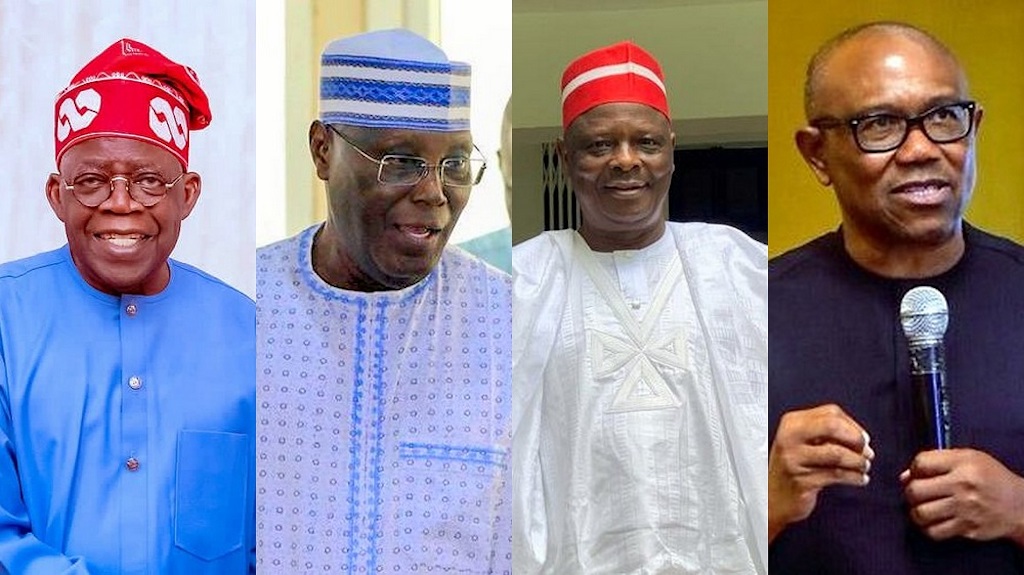
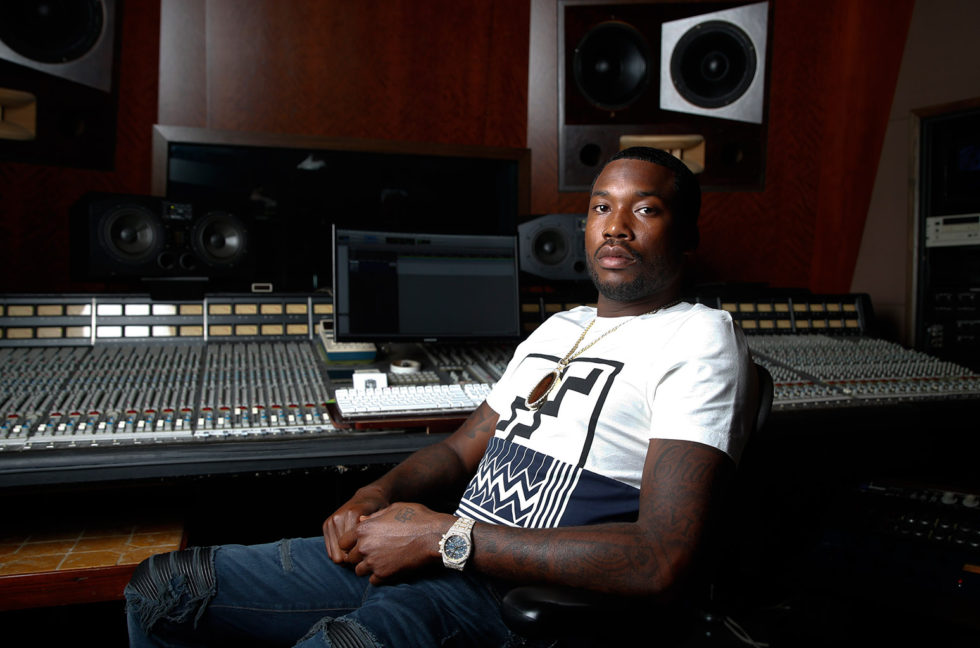

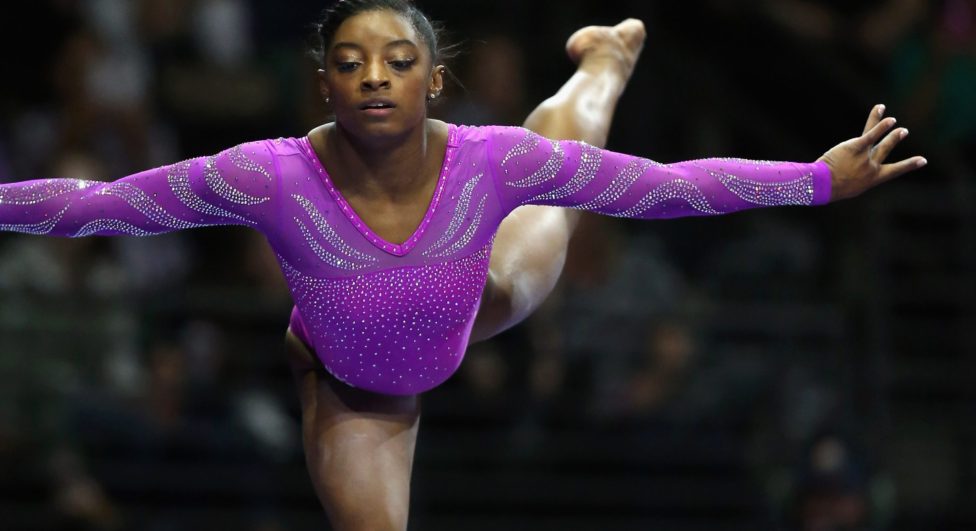
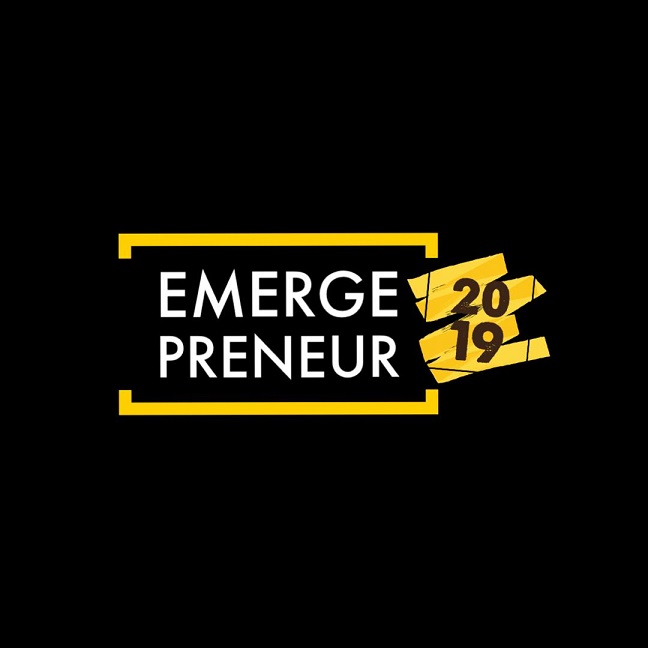
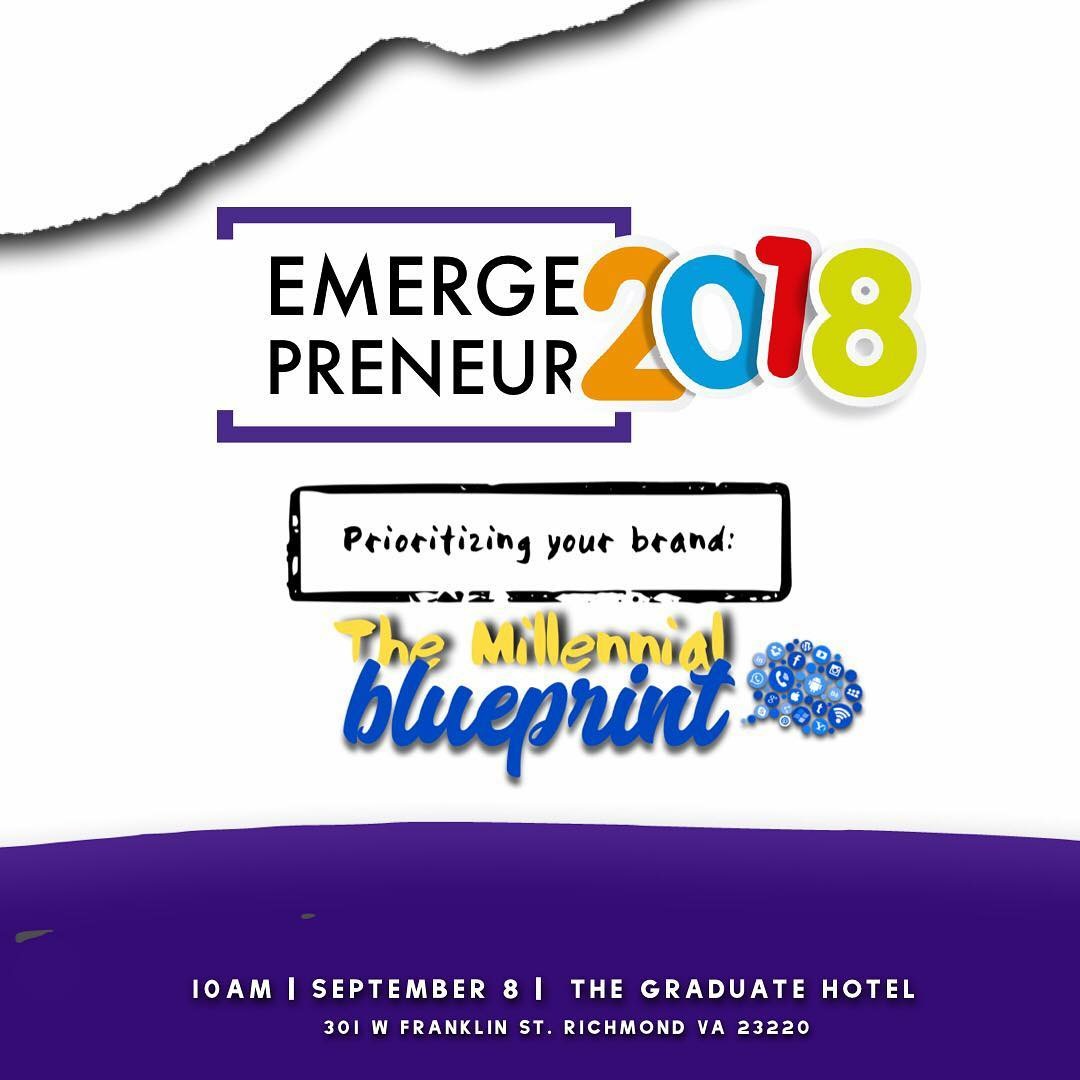

Comments
Well said,and beautifully written. Well-done.